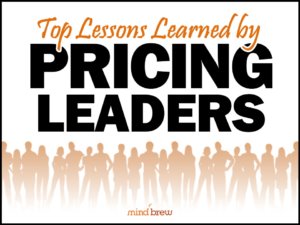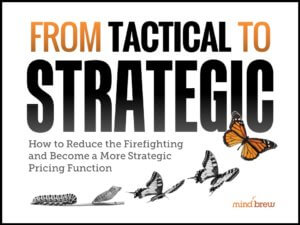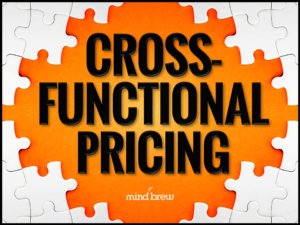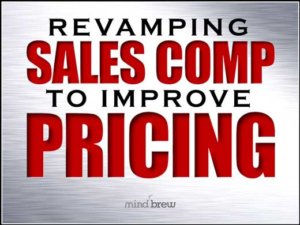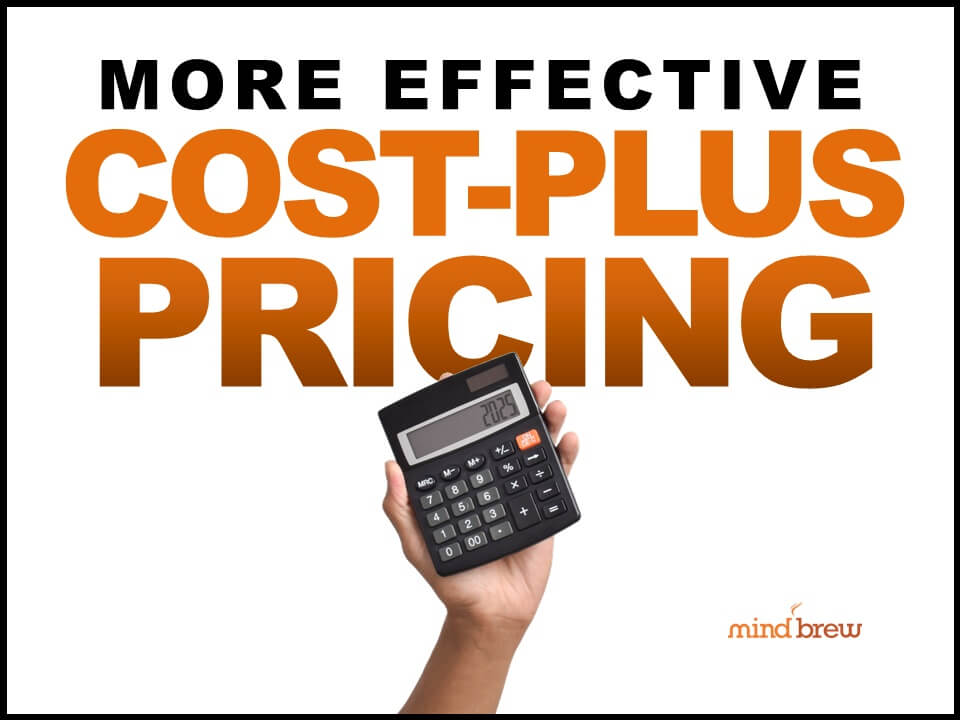Imagine someone saying, “Hey, I’ve had lungs my entire life. I know exactly how they work. Air goes in. Air comes out. It’s easy. I think I’ll go give some advice to a thoracic surgeon.”
Or maybe: “I remember building a rocket for my science fair in the third grade. It went higher than any of the other kids’. I almost got third place in the science fair. Those numbskulls down at SpaceX are doing it all wrong. I think I’ll go set them straight.”
Preposterous, right?
Having been around something all your life or spending just a little time studying it is obviously no substitute for years of study, concentration, and experience. Yet, somehow, everyone thinks they’re experts on pricing just because they’ve been paying for stuff all their lives or because they took one high school economics class.
Dealing with these “experts” is a constant challenge for pricing practitioners — especially if they have a more senior role than you do or have been with the company for longer.
It can be especially difficult to tell these folks no. Maybe it’s a sales manager with commissions on the line. Maybe it’s a product manager who has poured two years’ worth of blood, sweat, and tears into creating the latest model. Or maybe it’s even a CEO who likes to make decisions based on gut instinct rather than hard data.
Whenever you find yourself in this difficult position, it helps to remember this:
You are being paid to say no.
You are the expert on pricing. You have studied your craft. You’ve crunched the numbers. And you are in a far better position than anyone else in the company to make pricing decisions.
Sometimes, it’s easier to assume a tactical role and just execute someone else’s orders. But the best pricing people take the reins and push back where it’s needed — even if it means disappointing someone.
To put yourself in the best possible position to say no when necessary, you’ll want to brush up on your skills. “Brushing up” might involve learning more about pricing. But often, the kind of “brushing up” that you need to do when it comes to getting better at saying no, is brushing up on your soft skills. Getting better at communicating, at understanding other people’s mindsets — and at understanding yourself and controlling your emotional responses to situations — will do wonders for your ability to say no.
If you need help in this area, check out The Top “Lessons Learned” by Pricing Leaders. It offers sage advice from veteran pricing practitioners that can help you attain more career success.
And if you often find yourself getting trapped in tactical activities rather than engaging in strategic leadership, watch the webinar From Tactical to Strategic Pricing. It can help you find the time to make the transition to more strategic efforts, including saying no when it is necessary.
Remember, saying no is a service you are being paid to provide. Make sure you are giving your employer their money’s worth.

